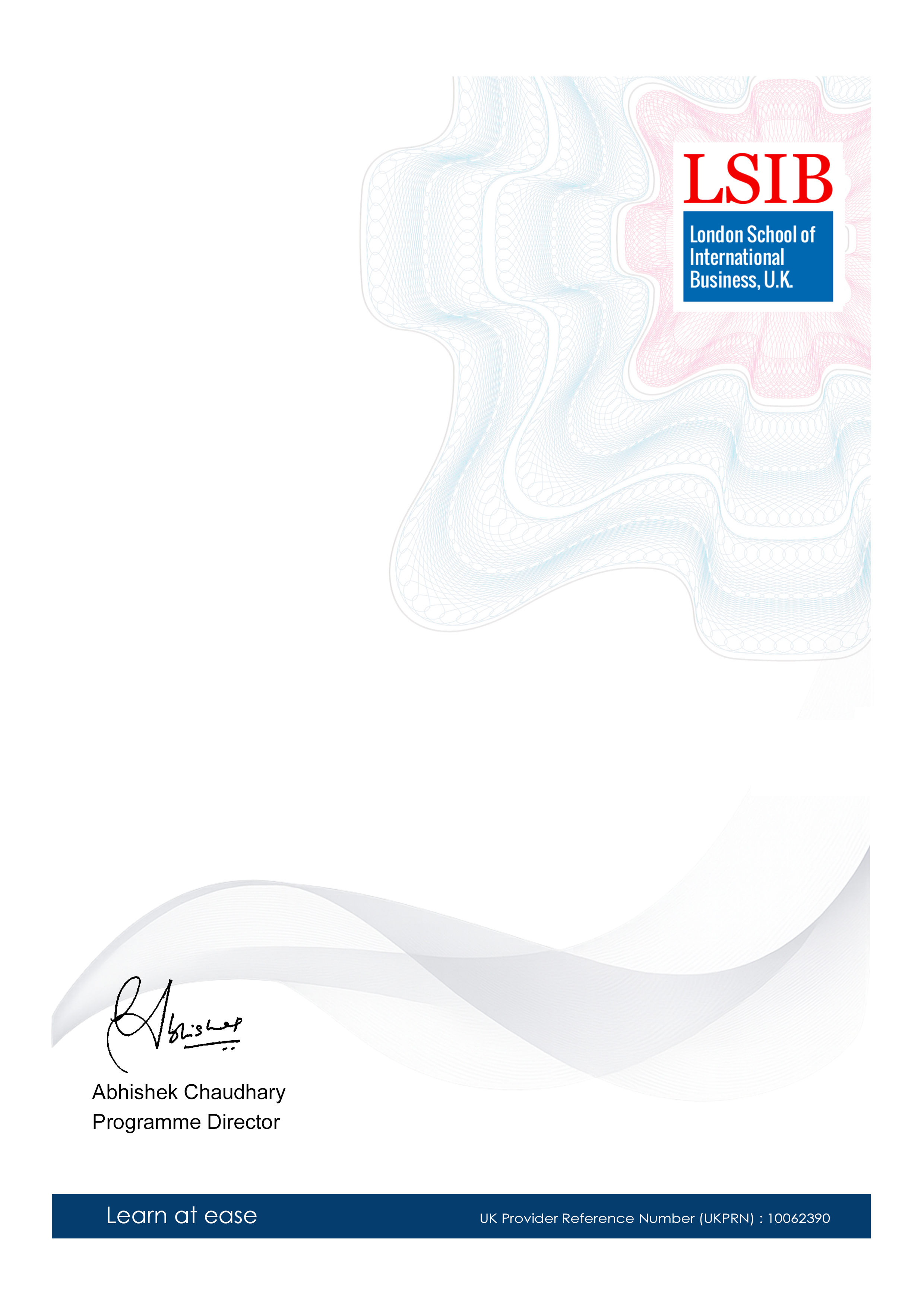Course details
Loading...
Generating course details...
• Understanding E-commerce Market Research: This unit provides an introduction to the field of e-commerce market research, including its importance, types, and applications. It covers the role of market research in informing business decisions and its impact on the success of e-commerce businesses.
• E-commerce Market Research Methods: This unit explores the various methods used in e-commerce market research, including qualitative and quantitative techniques, data collection methods, and data analysis tools. It covers the strengths and limitations of each method and how to choose the right approach for a particular research project.
• Consumer Behaviour in E-commerce: This unit examines the factors that influence consumer behaviour in e-commerce, including demographics, psychographics, and lifestyle characteristics. It covers the role of consumer behaviour in shaping market trends and how businesses can use this knowledge to inform their marketing strategies.
• E-commerce Market Analysis: This unit provides an in-depth look at the process of conducting a market analysis in e-commerce, including market sizing, market segmentation, and competitor analysis. It covers the tools and techniques used in market analysis and how to present findings in a clear and actionable way.
• Digital Analytics for E-commerce: This unit explores the role of digital analytics in e-commerce market research, including web analytics, social media analytics, and customer feedback analysis. It covers the tools and techniques used in digital analytics and how to use data to inform business decisions.
• E-commerce Market Trends and Forecasting: This unit examines the current and future trends in e-commerce, including the impact of technology, demographic changes, and economic factors. It covers the tools and techniques used in market forecasting and how to use this knowledge to inform business strategies.
• E-commerce Market Segmentation: This unit provides an in-depth look at the process of segmenting e-commerce markets, including demographic, geographic, and psychographic segmentation. It covers the tools and techniques used in market segmentation and how to use this knowledge to target specific customer groups.
• E-commerce Competitor Analysis: This unit examines the role of competitor analysis in e-commerce market research, including competitor profiling, market share analysis, and competitive strategy analysis. It covers the tools and techniques used in competitor analysis and how to use this knowledge to inform business strategies.
• E-commerce Market Entry Strategies: This unit provides an in-depth look at the process of entering new e-commerce markets, including market research, market sizing, and competitor analysis. It covers the tools and techniques used in market entry strategies and how to use this knowledge to inform business decisions.
• E-commerce Market Research Tools and Techniques: This unit explores the various tools and techniques used in e-commerce market research, including survey software, data analysis tools, and market research reports. It covers the strengths and limitations of each tool and how to choose the right approach for a particular research project.

